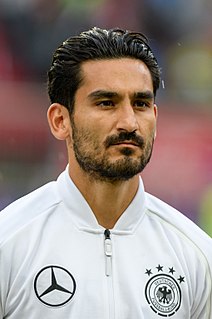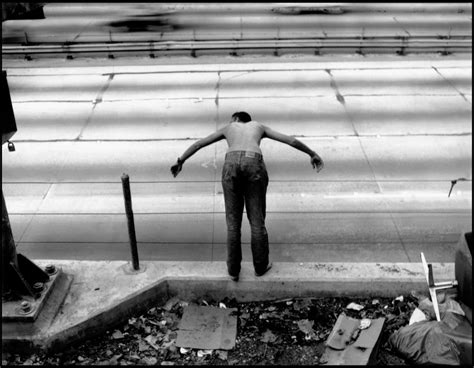A Quote by Robert McKee
Stories build cultures by answering the big questions.
Related Quotes
In general, questions are fine; you can always seize upon the parts of them that interest you and concentrate on answering those. And one has to remember when answering questions that asking questions isn't easy either, and for someone who's quite shy to stand up in an audience to speak takes some courage.
I read all of the stories that people write about me. The ones that are really interesting are the ones where they actually write their take on me as opposed to just printing what I said, because they're asking similar questions so often, sometimes it just sounds like I'm answering the questions different intentionally.
We are shaped by stories from the first moments of life, and even before. Stories tell us who we are, why we are here, and what will become of us. Whenever humans try to make sense of their experience, they create a story, and we use those stories to answer all the big questions of life. The stories come from everywhere--from family, church, school, and the culture at large. They so surround and inhabit us that we often don't recognize that they are stories at all, breathing them in and out as a fish breathes water.



































